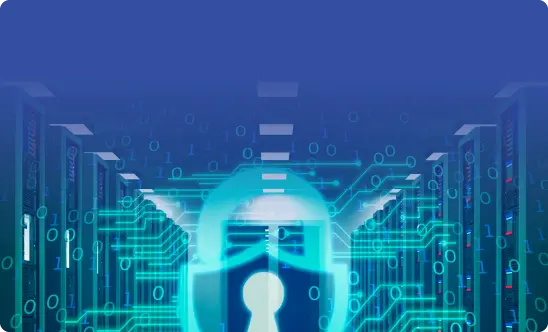3 SaaS Security Predictions for 2024
Software-as-a-Service (SaaS) tools have become an invaluable part of the digital workspace – increasing workflow and productivity, managing customer engagement and communications between coworkers and clients. But as the market and SaaS data grow, so do the inherent risks and the precautions and considerations companies must consider.
Our recent SaaS Application Risk Report highlighted several current and growing risks associated with SaaS applications and SaaS data. Still, there are additional considerations and SaaS trends to be aware of. To help business leaders evaluate and understand the changing SaaS market, here are three predictions we’re making for 2024.
1. Cross-Border Compliance Will Drive SaaS Data Segmentation:
In 2024, Spin.AI predicts significant changes in how companies use SaaS to manage their data. As businesses grapple with increasingly diverse compliance regulations across regions, they must reduce cross-border risks. We expect this to lead to a surge in data segmentation by region (such as backing up data to a specific geography) – to reduce costs, ensure compliance, and meet local regulations. Leading the charge: the evolving SalesForce/AliCloud partnership is poised to play a pivotal role in this transformation for multinational corporations.
2. New types of compliance and data leak risks will appear due to the fast adoption of generative AI tools:
We expect generative AI tools will lead to risks of regulatory compliance, privacy violations, fake AI apps and extensions, phishing and social engineering, intellectual property theft, automated content generation for cyber attacks, security of trained models, etc. Today, regulations for generative AI tools are still in the early days. During this time, we will see more cases of new types of data leaks due to compliance breaches and fake AI tools that steal business and personal data and that can be used as a part of a new wave of zero-day attacks. As noted in our Browser Extension Risk Report in August, more than half of all browser extensions installed are currently considered high risk. To mitigate these risks, it’s essential to implement safeguards and best practices. These include robust risk assessment systems, user education, data protection laws, and ongoing monitoring and auditing of AI systems.
3. CPRA’s Enforcement and GDPR-Like Impact:
We expect the enforcement of the California Privacy Rights Act (CPRA) will intensify, particularly concerning the “right to be forgotten” aspect. This development will have far-reaching implications for U.S. companies, particularly those that handle the data of California residents or generate revenue exceeding $25 million. In response to enforcement increases, the legal landscape will evolve as this aspect of CPRA is tested in the courts, leading to heightened scrutiny of backup and data recovery strategies. Budgets to manage compliance will surge accordingly, and AI-driven solutions to identify shadow data will become pivotal in preventing potential lawsuits.
Bonus:
4. Microsoft Teams’ Ascendancy and Security Challenges:
Microsoft Teams will experience a significant uptick in adoption, even as it faces growing security threats. Competitors like Slack are already feeling the pressure. Despite the recent DarkGate malware attack, Microsoft Teams is set to become the go-to collaboration platform for businesses.
Forecasting shifts in the SaaS security market and trying to prepare for unseen events is no small undertaking, but regardless of the prevailing trends, maintaining a robust defensive security stance can mitigate the uncertainties of the future. This includes understanding what your SaaS ecosystem looks like, understanding access and authentication processes, and knowing who has access to your data and how that data is being used.
To learn more about how Spin.AI can proactively protect your SaaS data from the risk of shadow IT, ransomware, data leak and loss, and non-compliance, check out our SpinOne solutions page.
Was this helpful?
How Can You Maximize SaaS Security Benefits?
Let's get started with a live demo
Latest blog posts
Brewing Trouble: How a Starbucks Ransomware Attack Poured Cold Wate...
Cybercriminals often carry out attacks around holidays as this helps to ensure the most amount...
Data Loss Prevention Techniques for 2025 and Beyond
It’s painstakingly clear that data loss is a major challenge facing businesses today. Our experts...
What is SaaS Security? Challenges & Best Practices
Businesses increasingly rely on Software as a Service (SaaS) for increased efficiency, collaborativeness, and scalability....


